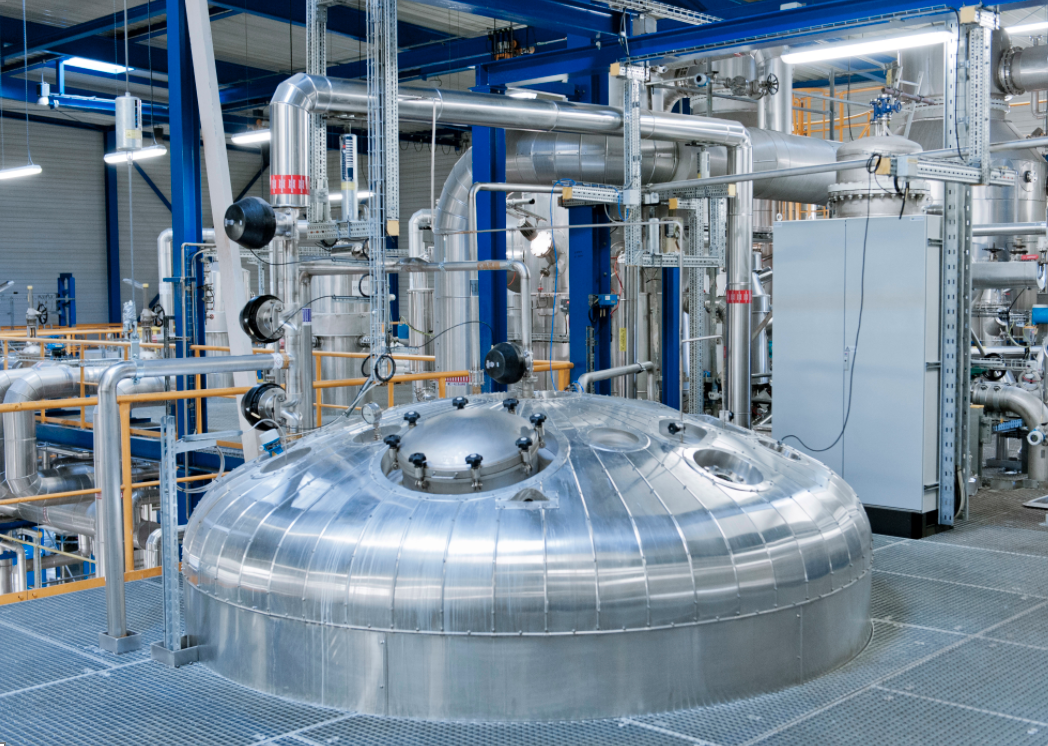As the blog continues to monitor the commercialization of other niche or novel bio-based building blocks and molecules in the market, here are two interesting news that came my way.
AFYREN recently announced that it has secured a long-term agreement on the supply of sugarbeet co-products as feedstock for its AFYREN NEOXY zero-waste, low-carbon biorefinery, which will begin producing seven 100% bio-based organic acids at an industrial scale in early 2022.
These seven carboxylic organic acids containing 2-6 carbon atoms include acetic acid, propionic acid, butyric acid, isobutyric acid, valeric acid, isovaleric acid and caproic acid. The facility will be located at the CHEMESIS platform in Carling Saint-Avold, France. AFYREN NEOXY is a joint venture between AFYREN and Bpifrance’s SPI Fund.
DMC Biotechnologies announced this month that it has successfully demonstrated full commercial-scale production for its first product, the amino acid L-alanine in an 85 cubic meter fermentation reactor conducted at EW Biotech’s facility in Leuna, Germany.
The scale-up reportedly tracked identical performance at bench and pilot scales validating the predictability and scalability of DMC’s Dynamic Metabolic Control technology. Commercial performance metrics were demonstrated reportedly proving that no further strain improvements are required to achieve the target selling price.
The demonstration of process robustness and predictability across the scale of production – from high-throughput screening to full commercial scale has never been demonstrated in the field and represents a major advancement for DMC. According to the company, this core technology enablement will also be beneficial for DMC’s pipeline of products that will be scaled and commercialized next.

Meanwhile, DMC’s CTO and co-founder, Mike Lynch, also recently announced the launch of a web-based calculator to assess the economic feasibility of products made from fermentation. The Bioprocess Technoeconomic Analysis (TEA) tool reportedly take the guesswork out of bioprocess development and will connect key process and financial metrics to production costs and financial return (sounds like a great calculator to me!)
TEA will provide a quantitative method to assess the difference between something that is scientifically exciting and something that is economically attractive. By linking process parameters to financial metrics, all stakeholders can better understand the factors that will determine the success of their technologies. According to Mike, the calculator is a contribution to support the growth of the industrial biotech sector and is intended to provide the first steps in bridging the gap between science and commercial success.
The video below from DMC is a short overview on how to use TEA Calculator. It is really fascinating and worth watching!




